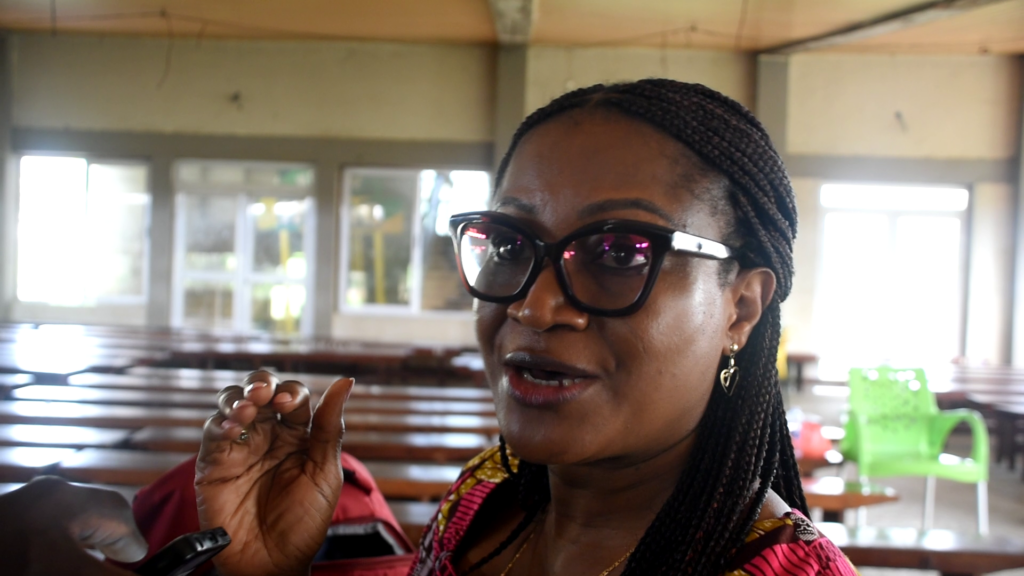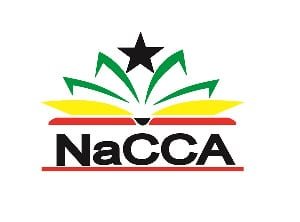The National Council for Curriculum and Assessment (NaCCA) has emphasized that the newly proposed Secondary Education Curriculum aims to leverage Ghana’s participation in the fourth industrial revolution.
According to Mrs. Rebecca Abu Gariba, Director of Corporate Affairs at NaCCA, the curriculum is designed to cultivate skilled human resources essential for national development.Her remarks came during a stakeholder meeting in Ho, where she engaged with education sector union leaders from the Volta Region.
“As much as we are Ghana, we live in a global village. So we have to make sure that the subjects that we give to our implementers will help us have graduates who are not only going to be local but ‘global’, which means local and international as well.
We are in the 21st century, why do you still want to continue with your old pack of subjects? You need to bring on board subjects that will make your learners be hands-on, to be able to use this creativity to create things”, she said.

She mentioned that the locally designed Secondary Education Curriculum is currently undergoing a pilot phase in 43 second-cycle schools, with ongoing stakeholder engagements to gather recommendations and input.
“We are piloting it to see how it will work. We come back with the suggestions and implementations after we have done what we call fidelity of implementation. We will bring what we collected from these 43 schools.
And one of the schools is piloting all 37 subjects on campus, is Koase [Senior High Technical School] in Wenchi to ensure that a school can do all the various subjects as they are, or it is impossible. So, all this is to make sure that once we finish, the curriculum, it will be workable”, she said.
Mrs. Gariba also highlighted that the curriculum aims to achieve inclusive education, ensuring that every learner receives support, and emphasized that teaching materials have been designed to facilitate learning for students with special needs.
The curriculum is structured to equip learners with 21st-century skills, competencies, character traits, and essential Ghanaian values, preparing them for responsible adulthood, further education, and entry into the workforce.
It provides students with the flexibility to explore subjects outside their core curriculum, enhancing their breadth of knowledge.
Scheduled for implementation at Senior High, Senior Technical, Science, Technology, Engineering, and Mathematics Schools nationwide in the 2024/2025 academic year, the curriculum will incorporate all stakeholder recommendations before being handed over to the Ghana Education Service.
NaCCA has committed to providing all necessary resources to ensure the successful rollout of the curriculum.

